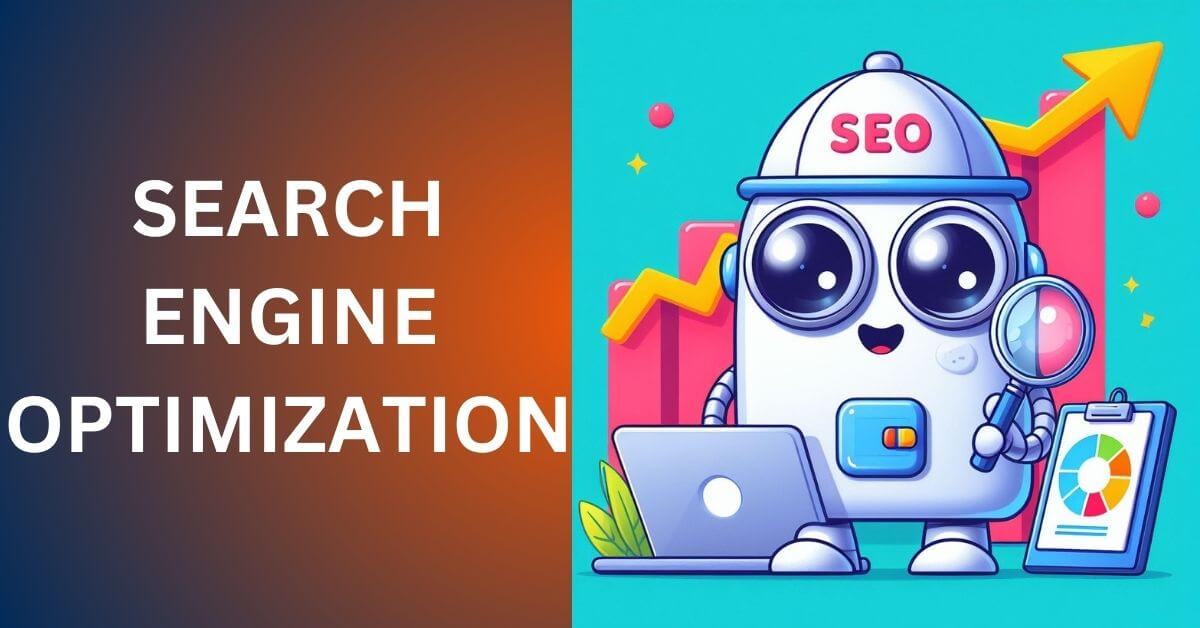Are you struggling to master the SEO basics? If you are, there’s no better time to get up to speed. Organic search makes up over 50% of overall traffic to company websites.
It accounts for more than paid and social put together! What does that tell us? SEO is as relevant as ever. If you work in marketing, write a blog, or have your own business, it’s vital that you at least know the basics of SEO. However, that’s where some of you might hit a stumbling block.
Successful SEO requires extensive knowledge of how search engines work. It takes time and practice to get right. Plus, it’s like a moving target. SEO best practices are ever-changing and developing. That’s because the search engine algorithms are constantly updated. I’m talking 500 to 600 times a year.

SEO Fundamentals
Search Engine Optimization (SEO) is the practice of optimizing your online content so that a search engine likes to show it as a top result for searches of a certain keyword. SEO involves making certain changes to your website design and content that make your site more attractive to a search engine.
Search engines work by scanning different websites to understand what the site is about. This helps them deliver more relevant results to those who are searching for certain topics or keywords. They use complex algorithms to understand and rank pages appropriately in search results.
- Search Engine Optimization (SEO) Starter Guide
- SEO Fundamentals Course with Greg Gifford
- SEO Basics: Beginner’s Guide to SEO Success
Keyword Research
Keyword research is the process of finding and analyzing actual search terms that people enter into search engines. The insight you can get into these actual search terms can help inform content strategy, and marketing strategy more broadly.
Keyword research can uncover queries to target, the popularity of these queries, their ranking difficulty, and more. It’s not just about traffic, but about understanding what potential customers or audience members want to know.
- Keyword Research – The Definitive Guide
- How to Do Keyword Research for SEO
- How to Do Keyword Research for SEO: A Beginner’s Guide
Content Optimization
Content optimization is the process of making sure content is written in a way that it can reach the largest possible target audience. The process of optimizing content should include making sure associated keywords are present, adding meta and title tags, and relevant links.
You should also optimize your content for readability. This includes using subheadings, bullet points, and images to break up the text and make it easy for readers to quickly scan and understand.
- The Art of Content Optimization
- Content Optimization: The Complete Guide
- What Is SEO Content? A Guide to Creating Content for SEO
Technical SEO
Technical SEO refers to the process of optimizing your website for the crawling and indexing phase. With technical SEO, you can help search engines access, crawl, interpret and index your website without any problems.
It is called “technical” because it has nothing to do with the actual content of the website or with website promotion. The main goal of technical SEO is to optimize the infrastructure of a website.
- Technical SEO – The Definitive Guide
- What Is Technical SEO? Basics and Best Practices
- Advanced Technical SEO: A Complete Guide
Link Building
Link building is the process of acquiring hyperlinks from other websites to your own. A hyperlink (usually just called a link) is a way for users to navigate between pages on the internet.
Search engines use links to crawl the web; they will crawl the links between the individual pages on your website, and they will crawl the links between entire websites.
- Link Building – The Definitive Guide
- Link Building for SEO: The Beginner’s Guide
- Link Building: The Ultimate Guide to Build Page Authority
User Experience Signals
User experience signals were another one of the top SEO trends to emerge in 2021. With the new Core Web Vitals report in Google Search Console, you can get data about your pages for loading (LCP), interactivity (FID), and visual stability (CLS).
Other user experience signals include mobile-friendliness, safe browsing, HTTPS, and intrusive interstitial guidelines.
SEO Tools and Software
There are a number of great tools out there that can help you with your SEO efforts. These include Google Analytics, Google Search Console, SEMrush, Moz, and more.
These tools can provide you with insights about your website’s performance, your audience, and your competitors. They can also help you identify opportunities for improvement and growth.
- 41 Best Free SEO Tools
- 18 Best SEO Tools that SEO Experts Actually Use
- The Ultimate List of Free SEO Tools
Remember, SEO is a long-term game. It takes time to see results. But with patience, persistence, and the right strategy, you can master the basics of SEO and drive significant traffic to your site.




